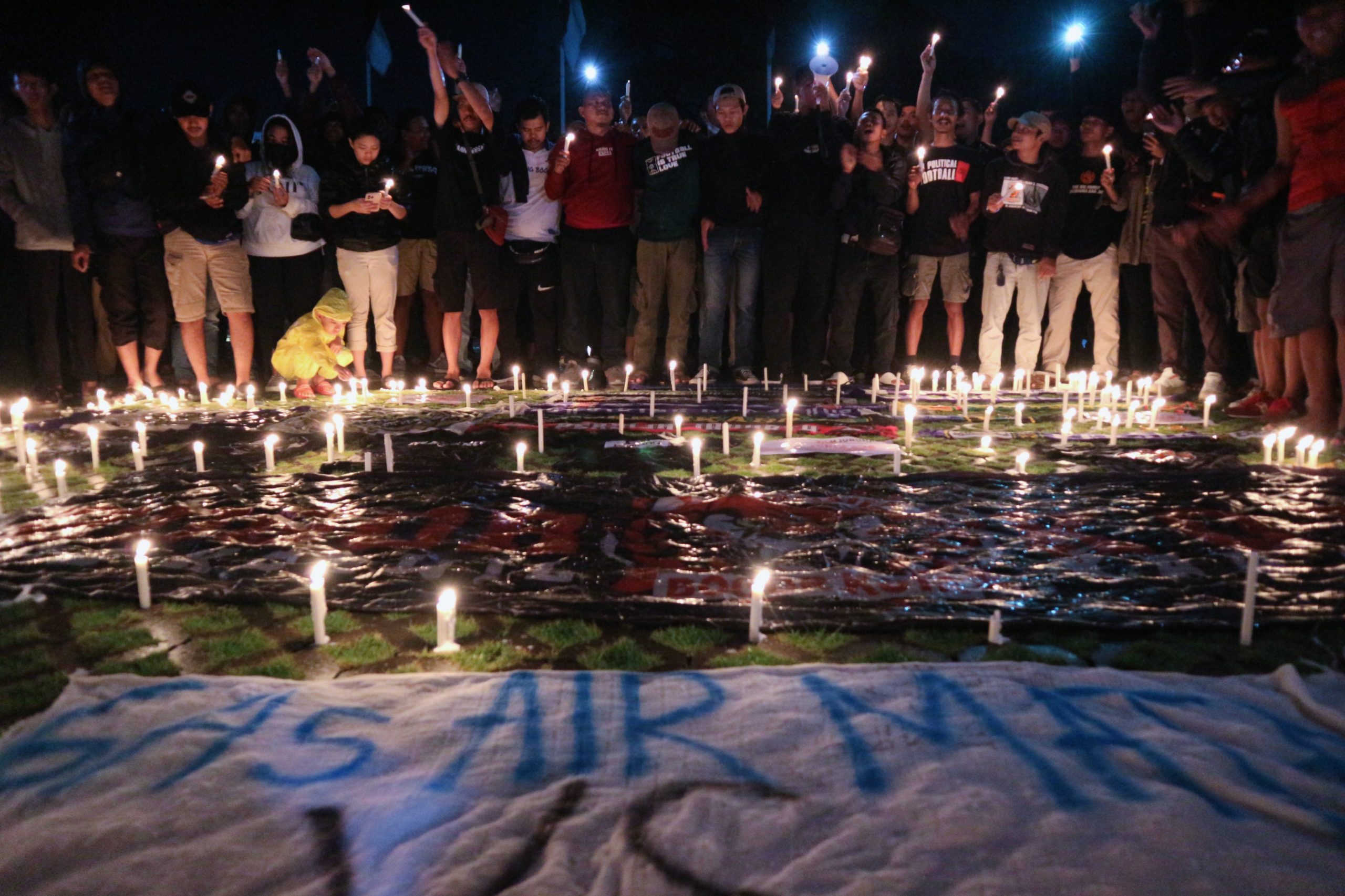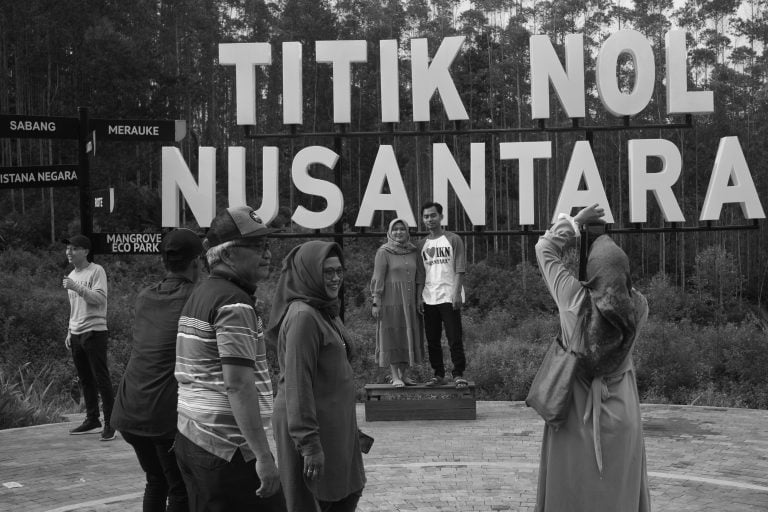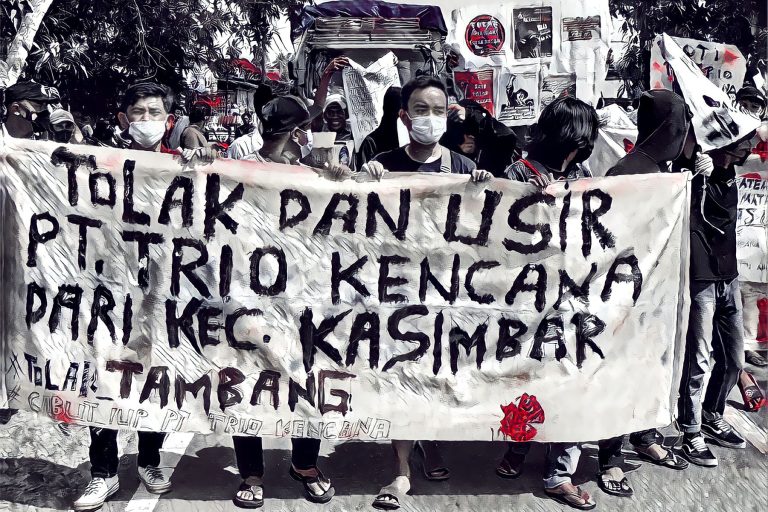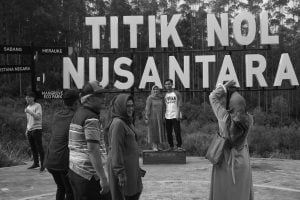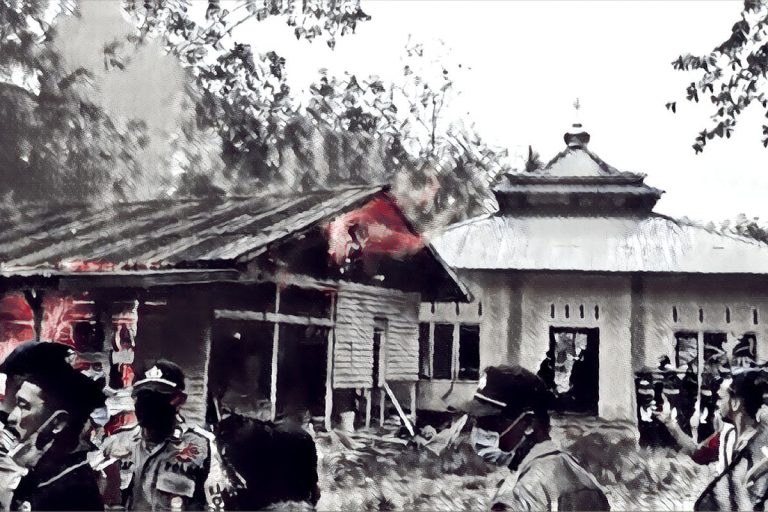This tragedy was entirely avoidable. And as usual, those who are culpable are likely to escape without appropriate punishment. This tragedy has long been on the cards. But, even its likelihood of eventuating wasn’t enough for the authorities to act. In this case the relevant authorities are: the Indonesian Police (Polri), the Indonesian Football Federation (PSSI), the Asian Football Confederation, FIFA and of course President Joko Widodo himself. All could have acted to have prevented this tragedy from unfolding.
Indonesia’s football culture has long captured global interest from footballing journalists and fans in general. There is a curious mixture at play. ‘Indonesia’ is little known to much of the Global North: it’s food hasn’t travelled that well; it’s films don’t become hits; it’s authors often escape global attention. In sporting terms, Indonesia excels in the relatively boutique sport of badminton. While in footballing terms, the nation is an incredible under-performer. No victory, for its national team can be taken for granted. Indonesia is currently ranked 155th on the FIFA rankings. The passion of the fans is apparently disproportionate to the quality of the domestic leagues and the national team.
The cliches abound: the pitches are water clogged, the referees are corrupt, the players are poorly insured, the clubs have unstable finances, the stadiums are unsafe, schedules are easily changed, transport to and from games is shambolic. Fans can easily break through barriers to get into a stadium without a ticket; fans can easily access the pitch. These factors all converge to create a highly volatile situation. All this would be fun and games and an enthralling narrative, but there’s one minor detail: lives are at stake. And in this case, 125-180 people – depending on when one last checked the news and which website – have ‘lost their lives’. But this expression doesn’t do their lives, souls (nyawa) justice. These people died through suffocation or being trampled on. Sit with that thought for a moment. Inhaling tear gas and being trampled on. Your throat constricting; each breath in bringing one not closer to life; but closer to death.
Throughout the last twenty plus years, during the post-Soeharto era, there has been a steady number of killings between fans. These killings often happen away from the stadium and often on non-game days. A few years ago, there was media outrage after a Persija fan, Haringga Sirla, was killed at the Persib stadium. The global media coverage was related to its virality, as the moments before his death were captured on video. This time, the sheer number of deaths mean that there will be no singular name which can serve as a symbol for the tragedy. Just the fact that at least one of the victims was as young as five years old. The killings between rival fans have always been brushed-aside by footballing authorities: as a law and order problem, as a problem for the police. The police have never had the interest or motivation to provide adequate security at stadiums or in the surrounding areas. There is no management or containment of a situation; just violence against fans.
The hubris of the authorities mentioned above is evident in Joko Widodo’s willingness to spend trillions on a new capital city for the nation. How little, by comparison, it would cost to update the nation’s stadiums and provide adequate conditions for millions of fans year in year out. But for the politicians and bureaucrats, their lives aren’t of importance. FIFA has rewarded Indonesia for its indifference to the lives of its football fans through giving the nation the right to host the U-20 World Cup. Politicians and football administrators openly talk of putting in a bid to host the (men’s) World Cup. Again, all of this would be hilarious and comical were it not for the fact that lives and livelihoods weren’t at stake.
Each time such a tragedy takes place there are calls for it to be ‘the last death’. Each time nothing happens. Indonesia’s footballing infrastructure needs to be overhauled from the ground up. The current authorities need to be held accountable. But, with Widodo already doing his best impersonation of former dictator President Soeharto, ‘bapak knows best’, there is no reason to be optimistic about change. There will be some superficial report and short term media coverage. Blame will only be shifted to the fans, made up of one city’s or another urban poor, the police and bureaucrats will be exonerated. Yet again.
This opinion was first published on Reading Sideways.


